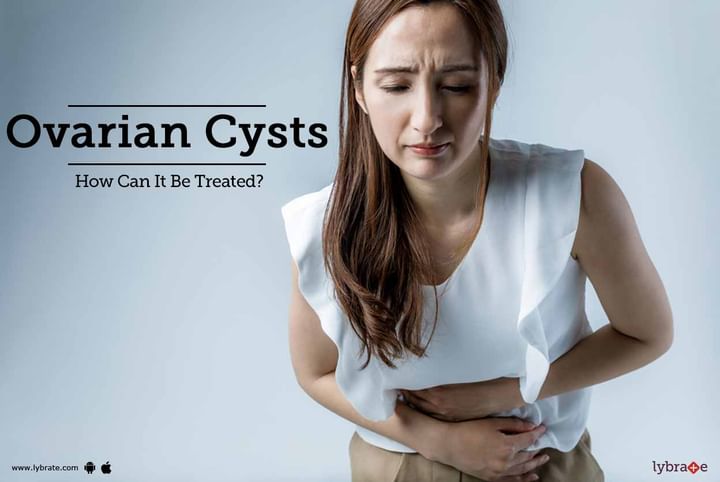Ovarian Cysts - How Can It Be Treated?
During their reproductive years, women can develop ovarian cysts, which can be described as fluid-packed sacs around their ovaries. Cysts are known to form in a woman’s ovaries during their menstrual cycles and also, through the pregnancy phase. In most cases, women with cysts do not require treatment as they dissolve on their own. However, at times, the cysts could enlarge in size and be the cause of discomfort. In rare cases, they could be cancerous too. Mostly, no symptoms are perceived when they occur. At times, the woman could experience irregular menstrual cycles, bowel-related problems, and pain during intercourse. If you notice these symptoms, visit the doctor for a diagnosis.
As a part of the diagnosis of ovarian cysts, blood tests and ultrasounds are conducted. These tests can help assess whether you are pregnant, have hormone-related problems, or if cancer is suspected.
As per the results, the medical experts will be able to structure your treatment plan. Ovarian cysts can be either functional or non-functional. If they are a part of your menstrual cycle, they are termed as functional (follicle or corpus luteum cysts). On the other hand, if the ovaries have the tendency of forming cysts or they are a result of cancer, they are known to be non-functional in nature.
Treatments for Ovarian Cysts:
In a majority of the cases, no treatment is administered for ovarian cysts. The medical professionals may deem it suitable to treat the abnormality only if the cysts cause any discomfort. Some of the treatment methods for ovarian cysts include the following:
- Medications: If the cysts are painful, then your doctor may prescribe birth control pills. They may not prove to be effective in dissolving the cysts but can prevent new cysts from developing. At times, hormonal drugs may be advised to control the functioning of the ovaries and the complete reproductive system.
- Surgical Procedures: In some cases wherein the ovaries are large in size or the cysts are causing discomforting symptoms or they do no dissolve over a period of time, a surgery is performed as a part of the treatment plan for ovarian cysts. A surgery may be required in women nearing menopause as the cysts may turn cancerous in them. The doctors may remove the cyst or the ovary, depending on the location, size, and the number of cysts.
- Laparoscopy: In case of smaller cysts, your doctor may conduct laparoscopy. As a part of this procedure, a small-sized incision is made around your belly and with the help of minute surgical equipment, including a small-sized camera-mounted tool, the cyst is removed. d. Laparotomy: If your cyst is cancerous, then laparotomy may be considered appropriate. In this procedure, the removal of the ovaries is carried out through a large-sized cut in the belly.
Final Thoughts: Most of the cysts that develop in the ovaries of women are benign. Normally, they dissolve within 30 to 90 days. In some cases, they can rupture and as a result, you may experience pain. During a pelvic exam, the presence of the cysts can be ascertained. Also, ultrasounds are performed to learn whether the ovarian cysts are simple or compound. If they are simple, they are considered benign; in cases of compound cysts, a surgery is required as a part of the treatment. For determining the type of treatment for ovarian cysts in women, their age is taken into consideration. Also, the type, size of cysts, and their appearance on the ultrasounds are considered.
Functional cysts are monitored on a frequent basis and only if they rupture and cause bleeding symptoms, then doctors may perform surgery. As an aftermath of the surgery, the tissue is examined by the pathologists under a microscope, following which the professionals are able to determine the type of cyst.
In case you have a concern or query you can always consult an expert & get answers to your questions!



+1.svg)
